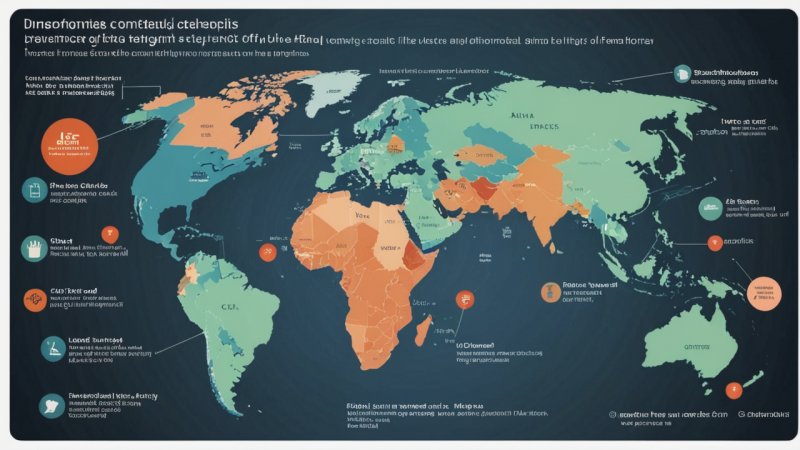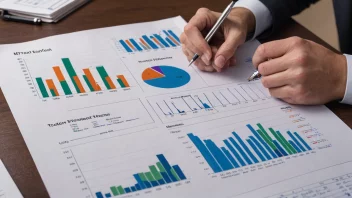The relationship between economic policies and global development is both intricate and dynamic. As nations strive for progress, the frameworks they adopt can significantly influence their development trajectories. This article explores the critical role of economic policies in shaping global development, highlighting successful strategies and potential pitfalls.
Economic policy refers to the actions taken by governments to influence their nation's economy. These policies encompass a wide range of areas, including fiscal policy (taxation and government spending), monetary policy (control of money supply and interest rates), and trade policy (regulations governing international trade). The effectiveness of these policies can determine the speed and sustainability of economic growth.
One of the most significant ways economic policies impact global development is through their influence on investment. Countries that create favorable conditions for investment—such as stable political environments, transparent regulations, and robust infrastructure—attract both domestic and foreign investors. For instance, nations like Singapore and South Korea have successfully leveraged open trade policies and investment incentives to foster rapid economic growth, transforming from developing countries to thriving economies in just a few decades.
Additionally, economic policies can directly address poverty alleviation and social welfare. By implementing progressive taxation systems and targeted social programs, governments can redistribute wealth and provide essential services to marginalized populations. Successful examples include Brazil's Bolsa Família program, which provides financial assistance to low-income families, resulting in significant reductions in poverty and inequality.
Moreover, the global economy is becoming increasingly interconnected, making trade policies essential for development. Free trade agreements and partnerships can open markets and increase access to resources, technology, and capital. However, it is crucial for countries to strike a balance between protecting domestic industries and promoting free trade, ensuring that the benefits of globalization are shared equitably.
In recent years, the role of technology in economic policy has gained momentum. Governments worldwide are recognizing the importance of fostering innovation through supportive policies and investments in research and development. By prioritizing technology and entrepreneurship, nations can create jobs, drive growth, and enhance their global competitiveness.
However, economic policies are not without challenges. Poorly designed or implemented policies can exacerbate inequality and hinder development. For instance, austerity measures aimed at reducing public debt can lead to cuts in essential services, disproportionately affecting vulnerable populations. Policymakers must be mindful of the potential consequences of their decisions, ensuring that economic policies promote inclusive growth.
In conclusion, economic policies serve as catalysts for global development. By fostering investment, addressing poverty, promoting trade, and embracing technological innovation, nations can pave the way for sustainable progress. As the world faces complex challenges, understanding the role of economic policy in shaping development outcomes will be essential for building a more equitable and prosperous future.
Economic Policies: Catalysts for Global Development
Explore how economic policies act as pivotal catalysts for global development, influencing investment, poverty alleviation, and technological innovation.






